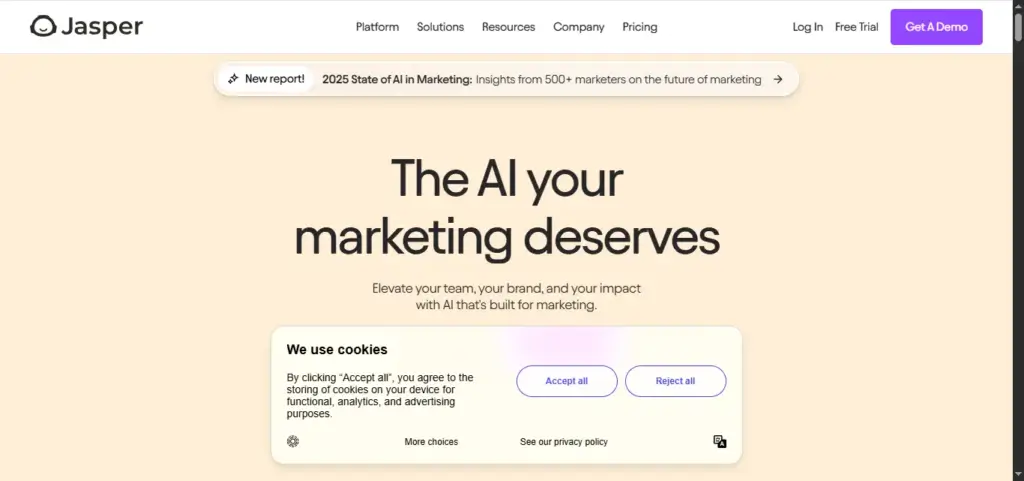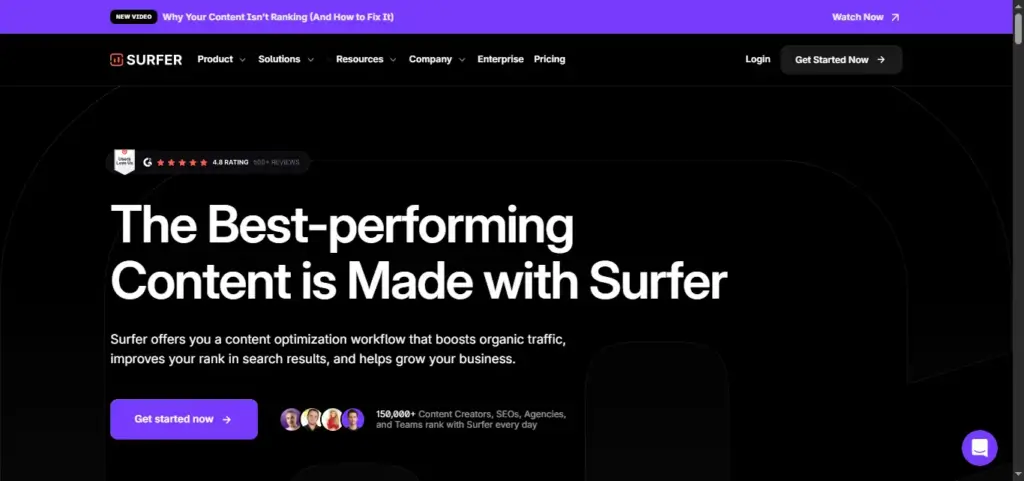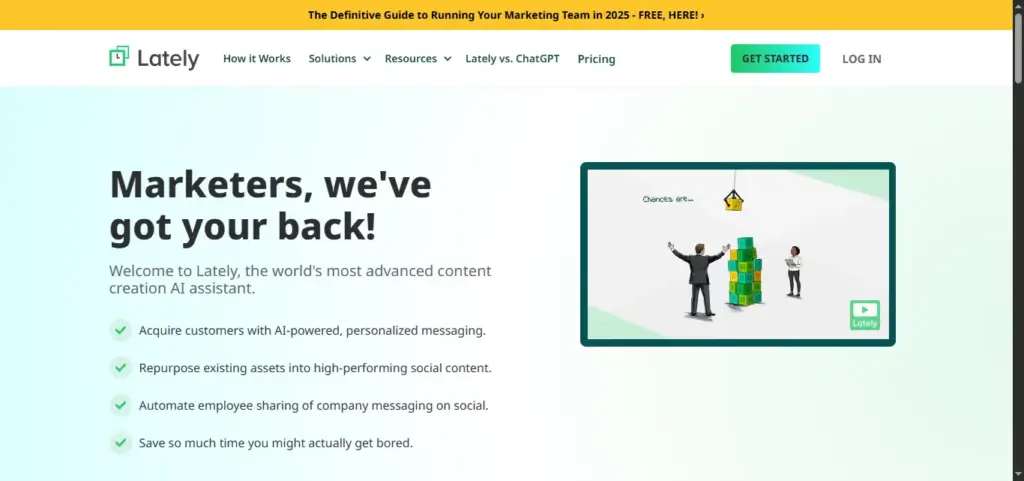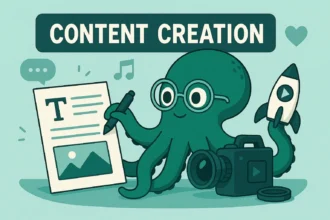Marketing takes time — and if you’re running your business solo, you don’t have a lot of it.
The good news? AI can do the heavy lifting.
It can write your emails, plan your content, design your graphics, and help you stay consistent — without hiring a team.
In this list, you’ll find 8 AI tools built for one-person businesses.
Each one saves you time, helps you look professional, and keeps your marketing moving.
Let’s get into it.
AI Marketing Tools For One Man Business
1. Copy.ai

What it does:
Copy.ai writes marketing content for you — emails, ads, product descriptions, landing pages, and more.
Why it helps:
You don’t need to spend hours writing a copy or figuring out how to sell. Just tell it what you’re offering, and it gives you clean, ready-to-use text.
Best for:
Solo founders who need fast, high-converting copy without hiring a writer.
Quick tip:
Use it to write launch emails, Instagram captions, or even your website’s homepage copy in minutes.
You got it — here’s the rest of the article, continuing in your clean, no-fluff style:
2. ChatGPT

What it does:
ChatGPT helps you brainstorm, write, plan, and answer questions — fast.
Why it helps:
You don’t have to think from scratch. Whether it’s blog outlines, email replies, or ad ideas, it gives you a solid first draft to work from.
Best for:
Content planning, quick replies, and writing help when you’re stuck.
Quick tip:
Ask it: “Give me 5 Instagram captions to promote my new offer. Keep it casual and direct.”
3. Canva Magic Studio (AI Features)
What it does:
Canva’s AI tools generate social media posts, presentations, and ad creatives in seconds.
Why it helps:
You look like you hired a designer — even if you didn’t. It auto-generates layouts, writes copy, and resizes everything for every platform.
Best for:
Branding, daily content, and polished visuals.
Quick tip:
Use Magic Design to turn a product photo into 5 different ad styles in minutes.
4. Jasper

What it does:
Jasper writes full marketing campaigns — from emails to blog posts — using your brand voice.
Why it helps:
It’s trained for marketers. You can save tone, products, and campaigns so your content stays consistent.
Best for:
Long-form content, product launches, and brand-focused messaging.
Quick tip:
Feed it past content and let it generate a new promo email in the same style.
5. Surfer SEO

What it does:
Surfer helps you write blog posts that rank on Google by showing you exactly what to include.
Why it helps:
It removes guesswork. You see what your content needs — keywords, length, structure — all in one place.
Best for:
Getting organic traffic without hiring an SEO agency.
Quick tip:
Paste your blog draft into Surfer and optimize it before you hit publish.
6. Zapier
What it does:
Zapier connects the tools you already use — and automates the work between them.
Why it helps:
No more copy-pasting or repetitive tasks. Zapier can auto-send emails, post on socials, or update your CRM.
Best for:
Saving time and building simple automations without code.
Quick tip:
Set up a “Zap” to post your latest blog to Twitter, LinkedIn, and your email list at once.
7. Lately.ai

What it does:
Lately takes your long-form content (like blogs or podcasts) and breaks it into dozens of short social posts.
Why it helps:
You don’t need to write new content every day — just repurpose what you already have.
Best for:
Staying consistent on social media with less effort.
Quick tip:
Drop in your latest blog and let Lately turn it into 20 LinkedIn posts.
8. Notion AI
What it does:
Notion AI helps you write, organize, and manage your business tasks in one place.
Why it helps:
It turns messy notes into clean content. It helps you plan your week, create marketing calendars, and write content ideas faster.
Best for:
Planning, content systems, and solo task management.
Quick tip:
Use it to generate a weekly content plan with topics, ideas, and due dates — all in one dashboard.
Conclusion: AI Tools For One Man Business
You don’t need a team to market like a pro — you just need the right tools.
These 8 AI apps cover what most solo businesses struggle with:
Content, copy, design, SEO, automation, and planning.
Pick 1–2 to start.
Stack more as you grow.
With AI, you can stay small — and still show up big.

















